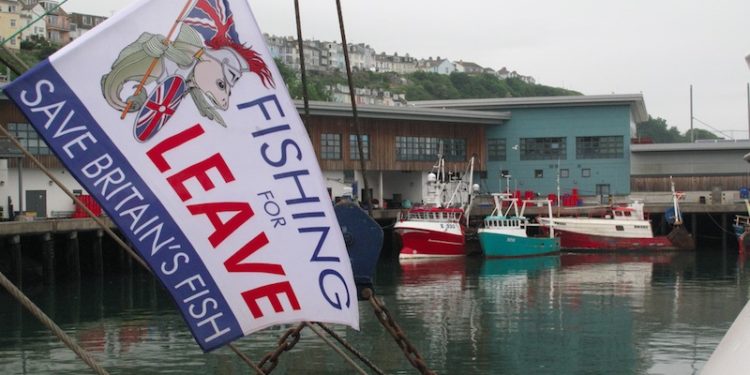The Cfood blog has produced scathing rebuttal of the proposals for reform that were put forward by the Adam Smith Institute during the Brexit debate.
Now that Article 50 has been triggered, Cfood brought in one of its fisheries management boffins to pick over the The Adam Smith Institute’s ten points, correcting its various claims.
‘This proposal is worthy of consideration, unfortunately the report is full of factual inaccuracies that should be corrected to ensure an informed discussion around post-Brexit fisheries. Adding to the problems, the report contains no referencing, bibliography, or signs of review process,’ Cfood’s contributor comments.
In fact, Cfood’s contributor corrects a host of misconceptions in the Adam Smith Institute’s report, from the state of European fish stocks that continue to grow in abundance, to the claim that the UK fleet is not currently profitable – having shown an 18% margin of profit in 2014, according to STECF.
Cfood also highlights the fallacy of the UK 200-mile limit, pointing out that contrary to the Adam Smith Institute’s assertions, the UK maintained only a 12-mile limit prior to EU membership, establishing its 200-mile limit in 1976 as part of compliance with the CFP.
On the thorny issue of ITQs and quota allocations in general, Cfood comments that this is, and always has been, a national responsibility.
The frequently heard figure of “Some 80% of fish caught in UK waters has been caught by non-UK ships, according to British Sea Fishing” comes in for scrutiny and Cfood points out that the true figures are that 68% of catches by weight and 46% of catches by value are caught in the UK’s EEZ by non-UK vessels, although a portion of these are caught by non-EU vessels such as those from Norway or the Faroe Islands, and this is a similar proportion to the pre-CFP situation.
Cfood’s contributor comments that the report does not contain a single reference, there is no bibliography, and the Adam Smith Institute fails to list on its website its sources of funding.
The full article makes interesting – albeit sometimes uncomfortable – reading, concluding that there are still a great many questions that need to be answered, and while there may be arguments in favour of a militarised marine border improving UK fisheries, the Adam Smith Institute’s arguments don’t do them justice.
Cfood









